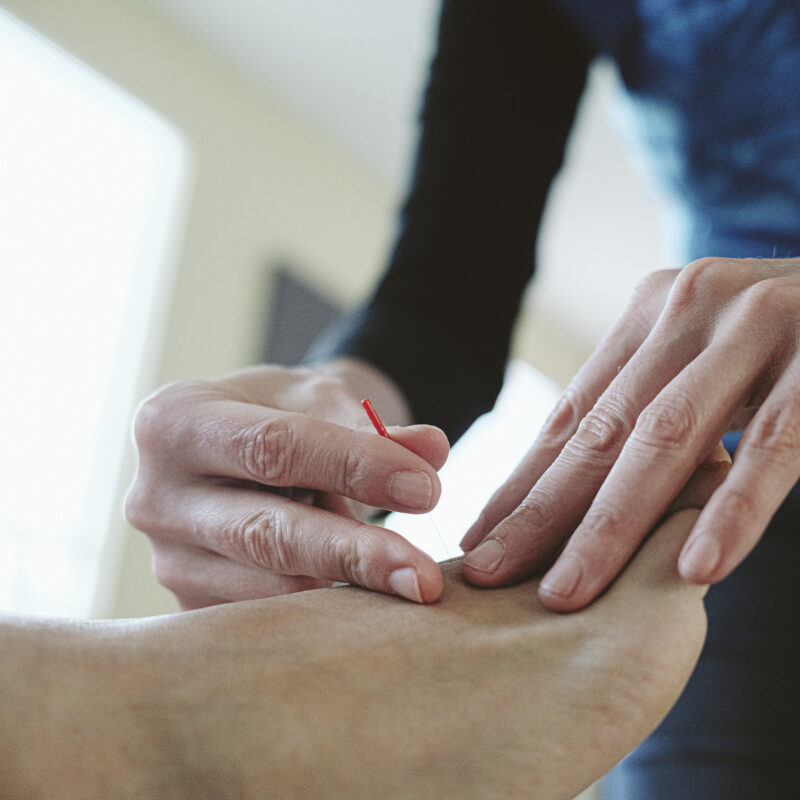Ever thought about becoming an egg donor for a couple who can’t conceive a baby on their own? Yes, it’ll earn you some compensation—$4,000 at the Reproductive Medicine and Surgery Center, the only local clinic with an egg donation program—but make no mistake: This is not easy money. We talked with the center’s medical director, Dr. Christopher Williams, and the egg donation nurse coordinator, Christie Aderholt, to find out the basics about egg donation.
First of all, most women (i.e., roughly 80-90 percent) interested in donating won’t make it through the screening process, usually due to their own or their family’s medical history, but sometimes because of issues like having had a recent tattoo. The few who do pass the screening then wait to be matched with a recipient couple, who chooses a donor based on anonymous profiles. “[Recipients] have different issues that they might be interested in,” says Aderholt—including education level and certain physical characteristics.
Once chosen, a donor must be able to show up for seven to 10 days’ worth of injections to bring her menstrual cycle into sync with the recipient’s. Finally, she is sedated and undergoes a 15- to 20-minute egg retrieval procedure, which Dr. Williams compares to a colonoscopy, saying it’s “very well tolerated.”
Still interested? Give the clinic a call at 982-8520.





